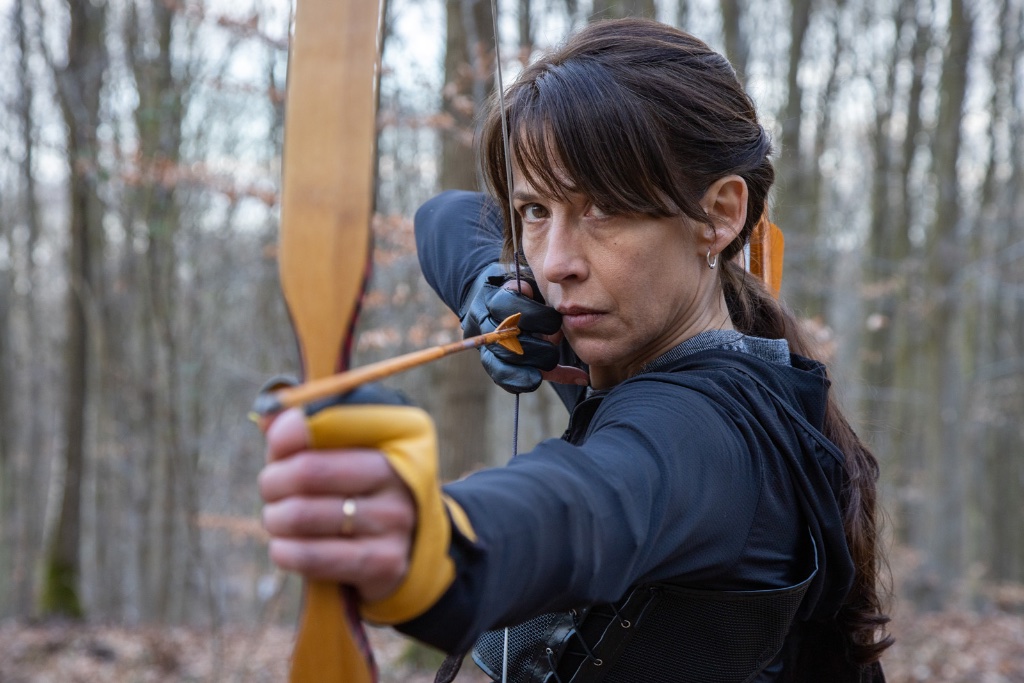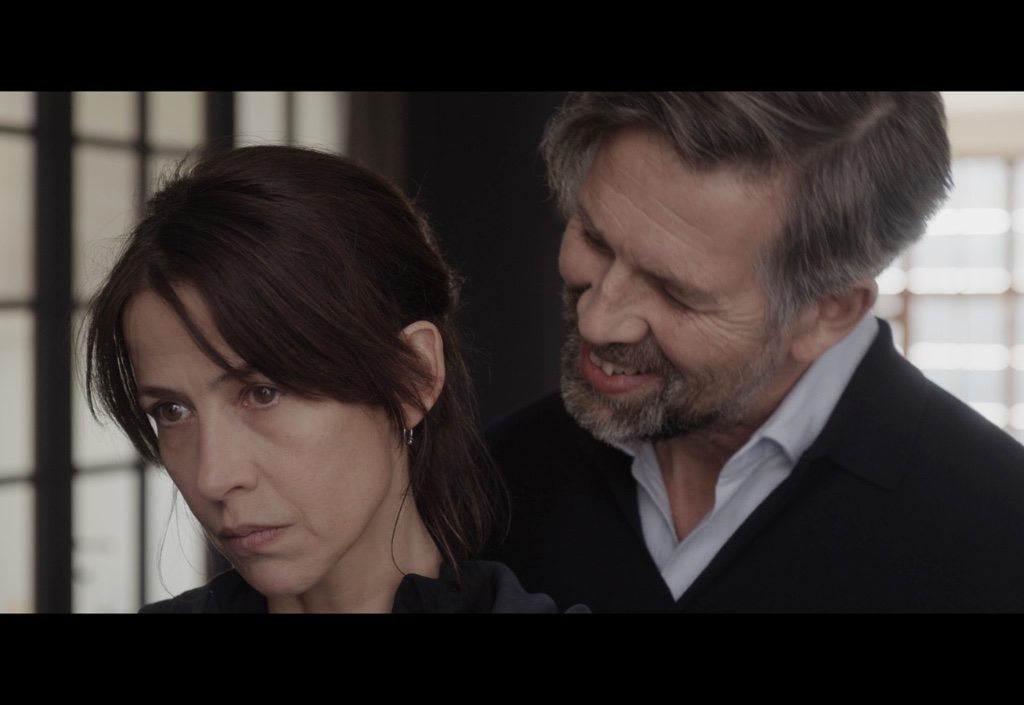
The French actor Sophie Marceau, who is approaching the age of 57, has been an absolute star in France and elsewhere for some 42 years, ever since her first adolescent role in Claude Pinoteau’s La Boum (The Party) in 1980. She is still going strong and looking great
In her new film, Une Femme de Notre Temps (literally, A Woman of Our Time), directed by Jean Paul Civeyrac, she plays Juliane, a Paris police commissioner and successful writer of crime novels who lives with her loving husband Hugo (Johan Heldenbergh) in a house with a lavish garden, almost a park, full of august trees.
When she is not working (which she doesn’t seem to do very often), Juliane, who is deeply haunted by the death (accident or suicide?) of her younger sister Lydia five years previously, practices her expert shooting skills with both guns and bow and arrows, two talents that will come in handy later on.

As the story of this modern-day thriller unfolds (I can’t reveal too much here without spoiling it), Juliane discovers that all was not as it seemed to be in her well-ordered life and sets out to seek revenge. She is diverted from her mission when she is asked to do a good deed by a woman and child in trouble. Determined not to be distracted, she refuses at first but finally gives in to their pleas, with tragic consequences.
Throughout the film, the loud, overbearing music builds suspense and clearly informs us that bad things are coming. I usually resent music that dictates what you are supposed to be feeling at any given moment in a movie, but in this case, the music is wonderful in itself. It is by Valentin Silvestrov, a Ukrainian composer who managed to leave the country at the beginning of the war
This is a dark film, in terms of the content, music and lighting. Trees and forests figure large here, to the point where it seems that the director, known as an auteur in France, is obsessed with them. So am I, so that’s fine with me. He even made a film called À Travers la Forêt (Through the Forest) in 2005, which could have served as the title for this movie as well: in one scene, the camera takes its time panning slowly along the entire height of a large tree, like Casanova appraising a potential lover.
The friend I saw this with found it to be clichéd, but I didn’t see it that way. There were enough twists and turns to keep me on the edge of my seat (and occasionally jumping out of it) throughout. I give it a thumbs up as an absorbing, intelligent thriller with real emotional power.
Favorite